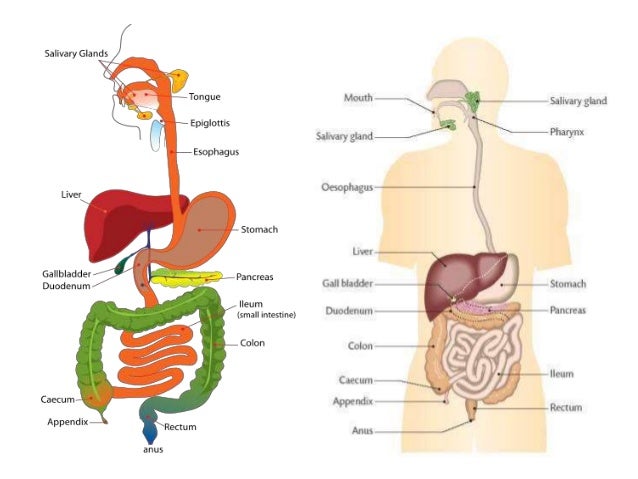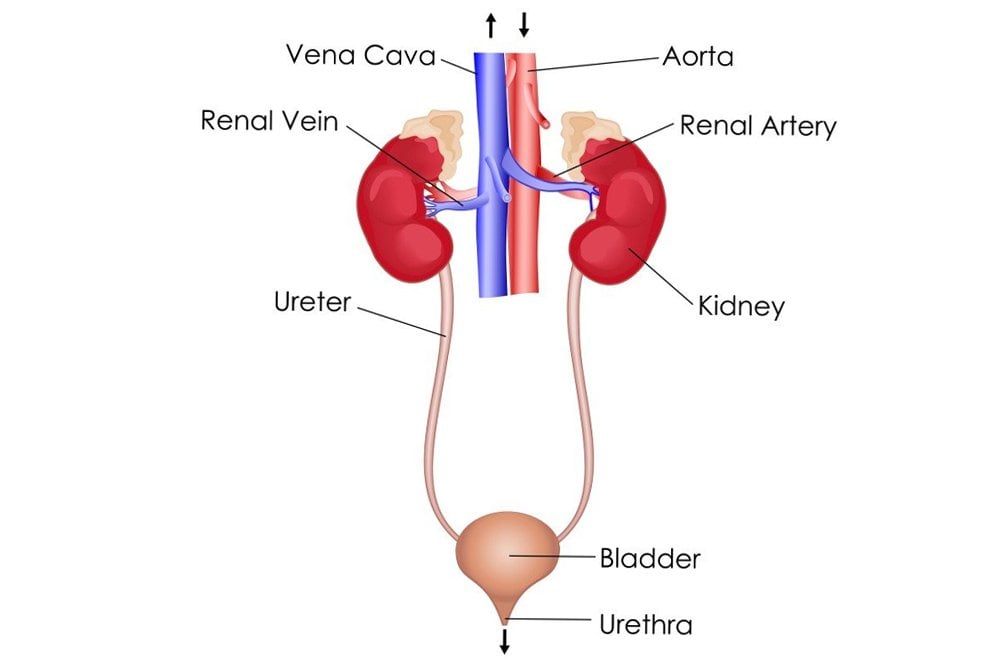Hi Friends .
Like Shear and Comments these Post.
" Body Functions and Life Process"
Body Functions :-
Body functions are the physiological or psychological functions of body systems. The body's functions are at last its cells' functions. Survival is the body's most significant business. Survival depends on the body's keeping up or restoring homeostasis, a state of relative constancy, of its interior environment.
Body Functions :-
Body functions are the physiological or psychological functions of body systems. The body's functions are at last its cells' functions. Survival is the body's most significant business. Survival depends on the body's keeping up or restoring homeostasis, a state of relative constancy, of its interior environment.

Over a century back, French physiologist, Claude Bernard (1813-1878), mentioned an exceptional objective fact. He noticed that body cells survived in a sound condition just when the temperature, pressure, and substance composition of their environment remained moderately constant. Afterward, an American physiologist, Walter B. Gun (1871-1945), suggested the name homeostasis for the generally constant states kept up by the body. Homeostasis is a watchword in present day physiology. It comes from two Greek words - "homeo," which means the same, and "stasis," which means standing. "Standing or staying the same" at that point is the strict importance of homeostasis. In any case, as Cannon emphasized, homeostasis does not mean something set and fixed that stays the very same all the time. In his words, homeostasis "means a condition that may fluctuate, however which is moderately constant."
Homeostasis depends on the body's ceaselessly carrying on numerous activities. Its significant activities or functions are responding to changes in the body's environment, trading materials between the environment and cells, utilizing foods, and incorporating all of the body's diverse activities.

The body's capacity to perform a large number of its functions changes gradually throughout the years. When all is said in done, the body performs its functions least well at the two ends of life - in early stages and in mature age. During youth, body functions gradually become increasingly productive and viable. During late development and mature age the opposite is valid. They gradually become less and less proficient and successful. During youthful adulthood, they normally work with greatest productivity and effectiveness.

Life Process :-
All living organisms have certain characteristics that distinguish them from non-living forms. The basic processes of life incorporate association, metabolism, responsiveness, movements, and multiplication. In humans, who represent the most mind boggling type of life, there are extra requirements such as development, separation, respiration, digestion, and discharge. All of these processes are interrelated. No piece of the body, from the smallest cell to a total body system, works in isolation. All capacity together, in tweaked balance, for the prosperity of the individual and to look after life. Disease such as malignancy and demise represent a disruption of the equalization in these processes.
"Coming up next are a concise description of the life process: "
Association :-
At all levels of the authoritative scheme, there is a division of work. Every segment has its own business to act in collaboration with others. Indeed, even a single cell, in the event that it loses its respectability or association, will kick the bucket.
Metabolism :-
Metabolism is a wide term that includes all the synthetic reactions that happen in the body. One phase of metabolism is catabolism in which complex substances are separated into simpler structure blocks and vitality is released.
Responsiveness :-
Responsiveness or fractiousness is worried about recognizing changes in the inner or outer environments and responding to that change. It is the demonstration of sensing a stimulus and responding to it.
Development:-
There are numerous types of development inside the body. On the cell level, molecules move starting with one spot then onto the next. Blood moves starting with one piece of the body then onto the next. The stomach moves with each breath. The capacity of muscle fibers to shorten and thus to deliver development is called contractility.
Proliferation :-
For most individuals, proliferation refers to the development of another person, the introduction of an infant. Right now, is transmitted starting with one age then onto the next through proliferation of the organism. In a more extensive sense, multiplication also refers to the arrangement of new cells for the substitution and fix of old cells as well as for development. This is cell proliferation. Both are essential to the survival of mankind.
Development :-
Development refers to an increase in size either through an increase in the quantity of cells or through an increase in the size of every individual cell. With the end goal for development to happen, anabolic processes must happen at a faster rate than catabolic processes.
Separation :-
Separation is a formative process by which unspecialized cells change into specialized cells with distinctive structural and practical characteristics. Through separation, cells form into tissues and organs.
Respiration :-
Respiration refers to all the processes associated with the trading of oxygen and carbon dioxide between the cells and the outside environment. It includes ventilation, the diffusion of oxygen and carbon dioxide, and the transport of the gases in the blood. Cell respiration deals with the cell's usage of oxygen and release of carbon dioxide in its metabolism.
Digestion :-
Digestion is the process of separating complex ingested foods into simple molecules that can be absorbed into the blood and used by the body.
 Discharge :-
Discharge :-Discharge is the process that removes the waste products of digestion and metabolism from the body. It gets free of side-effects that the body can't use, huge numbers of which are dangerous and contradictory with life.
The ten life processes described above are insufficient to ensure the survival of the person. Notwithstanding these processes, life depends on certain physical factors from the environment. These incorporate water, oxygen, nutrients, warmth, and pressure.



No comments:
Post a Comment